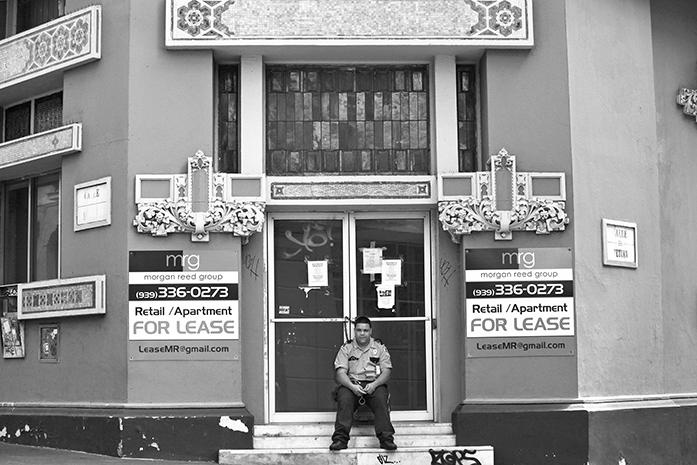By Hanna Grissel
On June 30, President Obama signed the Puerto Rico Oversight, Management, and Economic Stability Act of 2016, otherwise known as H.R. 5278. Prior to Obama’s signing the bill into law, the Senate voted 68-30 in favor. Just when we thought the Senate couldn’t work in bipartisanship, neocolonialist legislation arrived.
The bill, propelled by right-wing lawmakers, was signed days before Puerto Rico was expected to default on $2 billion in debt payments (politico.com). That figure is a small portion of its mounting debt, which is now more than $70 billion (nytimes.com).
In a speech last week condemning the bill, Sen. Bernie Sanders, I-Vt., addressed Puerto Rico’s debt: “In fact, it has been estimated that over one-third of Puerto Rico’s debt is now owned by these vulture funds that are getting interest rates of up to 34 percent on tax-exempt bonds they purchased for as little as 29 cents on the dollar.”
What the Puerto Rican bill does to address the economic crisis is establish (by charging the government $370 million) a seven-member oversight board of nonresidents who will have “the authority to enforce fiscal reforms, negotiate and enforce debt restructuring agreements with owners of Puerto Rican debt …” (policy.house.gov).
The oversight board will be made up of unelected officials, the majority of whom will be right-wing conservatives. They’re expected to use the legislation to establish a bankruptcy-type process, one that will inevitably and negatively affect the residents of Puerto Rico while simultaneously making sure creditors (the board’s cronies) get paid. (democracynow.org)
Juan González of the New York Daily News noted that “the bill has provoked a furor among many island residents because it imposes a seven-member oversight board with dictatorial powers that hark back to colonial days and because it is geared to protecting bondholders and paving the way for massive cuts in the island’s public services.”
The dictatorial board will have the ability to punish residents politically as well. With the imposition of harsh austerity measures recognized in the same breath regarding the board’s authority, “efficiencies that consolidates agencies and reduce workforce levels, prevent the execution of legislative acts, executive orders, regulations, rules … that undercut economic growth or violate this act.” (policy.house.gov)
Nonetheless, Obama spoke joyfully on June 30, first commending the Treasury Department and then the bipartisan effort of our nation’s representatives. He touted the bill as essential to helping the people, saying, “It’s not, in and of itself, going to be sufficient to solve all the problems that Puerto Rico faces, but it is an important first step on the path of creating more stability, better services, and greater prosperity over the long term for the people of Puerto Rico.” (abcnews.go.com).
I wonder if Obama is under the impression that decreasing the minimum wage to $4.25 for persons under the age of 25 will create prosperity. Maybe he was referencing how zero protections for pensions and workers’ rights could result in stability? Or possibly how the consolidation of schools and the subsequent firing of teachers might create better services? (policy.house.gov)
What the president did here was replace the term “hedge funds and corporations” with the term “the Puerto Rican people.” An honest mistake, I’m sure, considering its common knowledge that austerity only increases human suffering while making the wealthy wealthier.
In truth, the Puerto Rican bill is a glorified debt collector that leaves Puerto Ricans unable to do what they believe is best for their country. Sen. Robert Menendez, D-N.J., made clear this interpretation during a four-hour filibuster on June 28, “I have called this legislation the ultimate neocolonialism that we as a Congress would be passing; it treats the citizens of Puerto Rico like subjects.” (thehill.com)



